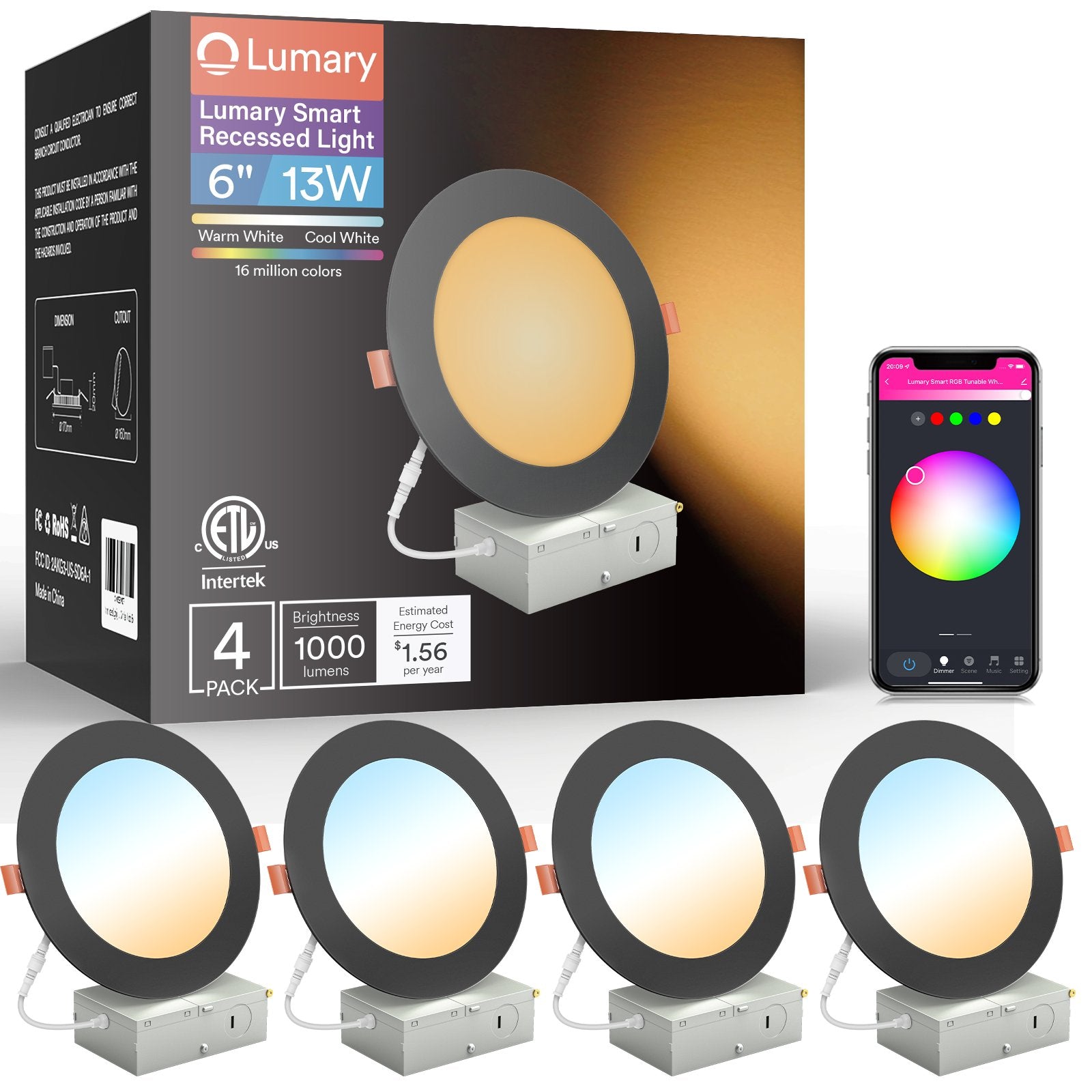In recent years, adjustable color temperature has become a significant innovation in the lighting industry. This technology allows users to modify the color temperature of their lighting fixtures, providing flexibility and enhancing the overall lighting experience. But what exactly are the benefits of adjustable color temperature, and why is it gaining popularity?

Understanding Adjustable Color Temperature
Adjustable color temperature refers to the ability to change the color output of a light source. This is typically measured in Kelvin (K), where lower values represent warmer tones (yellow/red) and higher values represent cooler tones (blue/white). For instance, a light with a color temperature of 2700K emits a warm, cozy glow, while a light at 6500K produces a bright, daylight-like effect.
Advantages of Adjustable Color Temperature
There are several advantages to using lighting fixtures with adjustable color temperature:
- Enhanced Ambiance: Different activities require different lighting conditions. Adjustable color temperature allows users to create the perfect ambiance for any situation, whether it's a warm, relaxing environment for the evening or a bright, energizing setting for work.
- Improved Productivity: Studies have shown that lighting can significantly impact productivity. Cooler, brighter lights can help improve focus and concentration, making them ideal for workspaces.
- Energy Efficiency: Modern LED lights with adjustable color temperature are highly energy-efficient, reducing electricity consumption and lowering utility bills.
- Health Benefits: Proper lighting can influence circadian rhythms and overall well-being. Adjustable color temperature allows for lighting that can mimic natural daylight, promoting better sleep patterns and mood regulation.
Applications in Various Settings
Adjustable color temperature is versatile and can be used in various settings:
- Residential: Homeowners can adjust lighting to suit different rooms and activities, from cozy living rooms to bright kitchens.
- Commercial: Offices and retail spaces benefit from lighting that can be tailored to enhance productivity and customer experience.
- Healthcare: Hospitals and clinics use adjustable lighting to create comfortable environments for patients and staff.
"Adjustable color temperature lighting has revolutionized how we approach interior design and functionality in both residential and commercial spaces." - Lighting Expert
Real-World Examples
Several products on the market exemplify the benefits of adjustable color temperature. For example, the Philips Hue White and Color Ambiance offers a wide range of color temperatures and is easily controlled via a smartphone app.

Additionally, the LIFX Color A19 provides similar functionality with a user-friendly interface and energy-efficient performance.

Conclusion
In conclusion, adjustable color temperature offers numerous benefits, from enhancing ambiance and productivity to promoting health and energy efficiency. As technology continues to advance, we can expect even more innovative lighting solutions that cater to our diverse needs.
For more information on adjustable color temperature and related products, check out this informative video.



